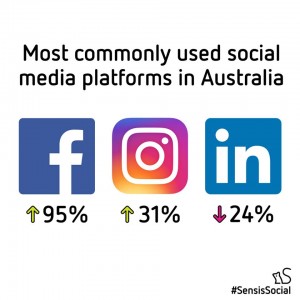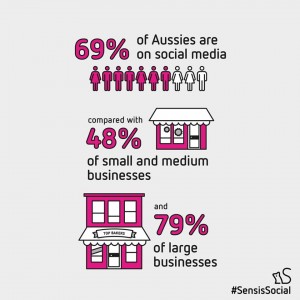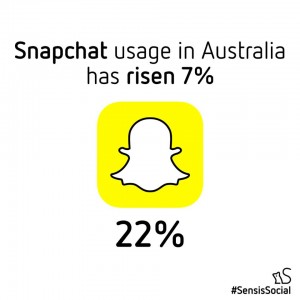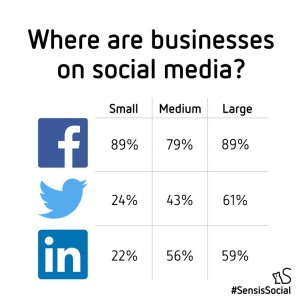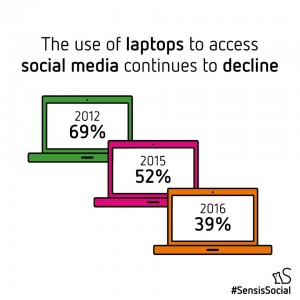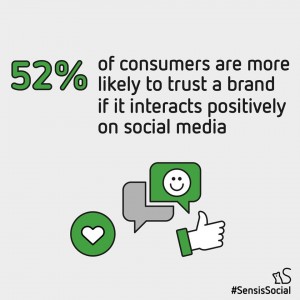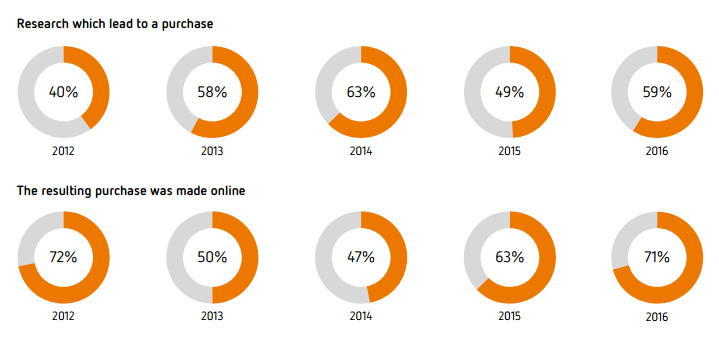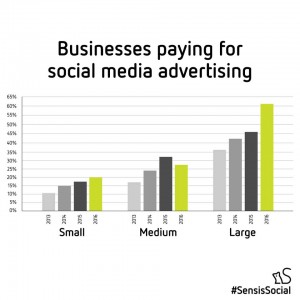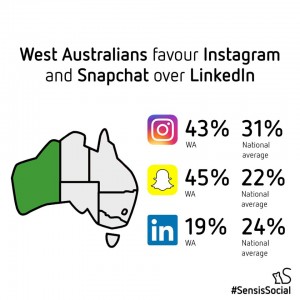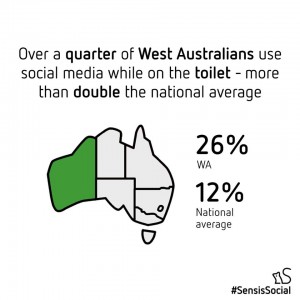Am I a Social Media Expert?
I have tried to write this blog post about five times now. One I canned because it sounded too judgy. One I lost to a website glitch…actually make that two. If I can’t communicate what I’m trying to say this time I’m going to give it a rest because it’s obviously not worth saying.
But I am NOT a Social Media Expert.
So I guess that sounds a bit stupid, since helping people with their Social Media’s what I do for a living! But let me explain. A rose by another name might not smell like a rose, since so much of how our brain interprets data is based on our perception. Take Vanilla – yum! We all know it smells and tastes like sweet bliss; ice cream, custard, cakes – but if you eat an actual vanilla pod – YUK! It tastes like bark. Gross bark even. There’s probably better bark out there for eating.
I wanted to address the plethora of self-proclaimed Social Media Experts, and that includes; Ninjas, Evangelists, Gurus and all the other buzzword-laden things people refer to themselves as. After much internal debate, I’ve settled on “Social Media Specialist” and I want to tell you why. I specialise in Social Media. I can do other types of digital and traditional marketing – and sometimes I do depending on the needs of the business I am working with, but my speciality is Social Media Marketing.
But what’s wrong with Expert?
In my opinion, I don’t think you can ever truly know enough about Social Media and all that encapsulates to call yourself an expert. There’s a few reasons. The first is that there’s SUCH a vast array of platforms, theory, experience and knowledge that is needed to cover the breadth of what we refer to as Social Media. I mean, there might be a handful of these people. In the world. Not tens of thousands as their Twitter bios would have you believe.

Not only would it take so much Social Media knowledge that even if you got to Expert status (if that indeed is a thing) you would then have to STAY there! The landscape changes daily and you would certainly have your work cut out for you to stay current!
Break it down
Evangelist/Guru – too “god-like” for my liking. Whatever god/s may or may not be out there, they certainly won’t be selling subscriptions to Social Media training videos. I would like to think they would have more pressing issues to deal with.
Ninja – Unless you are in fact a Ninja. In which case go ahead and call yourself one! I don’t know much about Ninjutsu, but I would bet that the training it takes to become a ninja includes no mention of Instagram filters, comment moderation or keyword listening. If you are a ninja and I’m wrong set me straight in the comments 😉
Snake-oil Salesman
In all industries there are reputable and not-so-reputable practitioners. Marketing is no exception! But the difference from specifically Social Media Marketing is that it’s still pretty new and there’s no standardised role descriptions or qualifications.
Take the example I have used in trying to explain this in real life of a chef. Chefs complete an apprenticeship to become qualified. During this apprenticeship they have to master certain skills to progress and are watched and evaluated both in the kitchen and the classroom.
At the end of their apprenticeship you can hire a chef assuming they possess certain skills, knowledge and experience. But this isn’t the case for Social Media. There’s no standardised course. There’s no prerequisites. Literally ANYONE can call themselves a Social Media Expert. Literally. Anyone.
This is as much a problem for me as anyone trying to hire someone to help them with their Social Media Marketing! How to I compete with a self-professed Social Media Expert? How do you know you’re hiring the right person for the job? It can get pretty confusing.
And this is part of the problem. Social Media can be confusing. The jargon is unfamiliar to the average business owner, and they can easily be lead down the garden path by people who talk a big game but actually know very little about Social Media.
So what can you do about it?
If you are unsure about someone you’ve met, just take it slowly. If they’re rushing you, you might be getting a sales pitch with no substance. Anyone who’s great at Social Media Marketing will likely be in demand, and rushing you won’t be on their agenda. They are patient, as Social Media returns on investment can take time, so can attracting the right clients. If someone has a sales target to meet, you don’t want them. You’re just a number. Remember that you’re entering into a long term relationship, where this person will be responsible for the way your brand is perceived. Your business deserves individual attention from the person who will actually be carrying out the work. More like your local friendly shopkeeper, than the checkout chick at Aldi.
Ask questions! If you don’t know how engagement is measured – ask. If they can’t explain it to you the don’t understand it well enough (thanks Einstein!) If they make claims like “I’ll increase your sales by 15% in 3 days,” ask them what will happen if they can’t. Do you get your money back? Will they keep trying until they do?
You can always get a recommendation from someone you trust, suggest a trial period before signing on to a longer contract or ask to see examples of their work (provided you know what you’re looking for) Do the accounts they manage have integrity? Good engagement? Or a bunch of paid likes and fake followers? Or tumbleweeds.
Make sure the person you hire to guide your Social Media Marketing efforts understands your business. The hierarchy, the products, your locations, the tone, your main target demographic and the segments you’re hoping to branch out into. If they can’t see the wood for the trees your relationship is doomed for the get go.
There are generally warning signs if you look. And I suggest you do. Often the outsourced Social Media Professional is the first person from outside the business who’s ever spoken for the brand! Don’t risk being swindled by someone who seems really cool, many of us aren’t cool at all! But we’re Chameleons. We know how to pretend, change tone, mimic our audiences – because you have to.
There’s no point getting caught out Dad dancing…
Now, before I get “called out” I’m not saying everyone who uses the terms Expert, Ninja and Guru in their titles are bad people, or not great at their jobs! It just doesn’t ring true for me and I wanted to explain why. Obviously the world is a very diverse place and I fully support people’s right to call themselves whatever they want. I just long for a scale to measure against so people won’t be getting ripped off by those who talk a fast game and don’t deliver on their outlandish promises. It’s sad for the business owner, and not only that – it makes my job harder when I come along since the trust takes time to build back up.
Thanks for reading my blog! I’d love to hear your thoughts in the comments, or you can stalk my Social Media channels on the links below. If you really loved it sign up – I don’t send email updates very often, but when I do I make sure they’re packed with useful tips, tricks and tools to make your Social Media efforts better and easier, so you can get back to what it is you do best – run your business!


